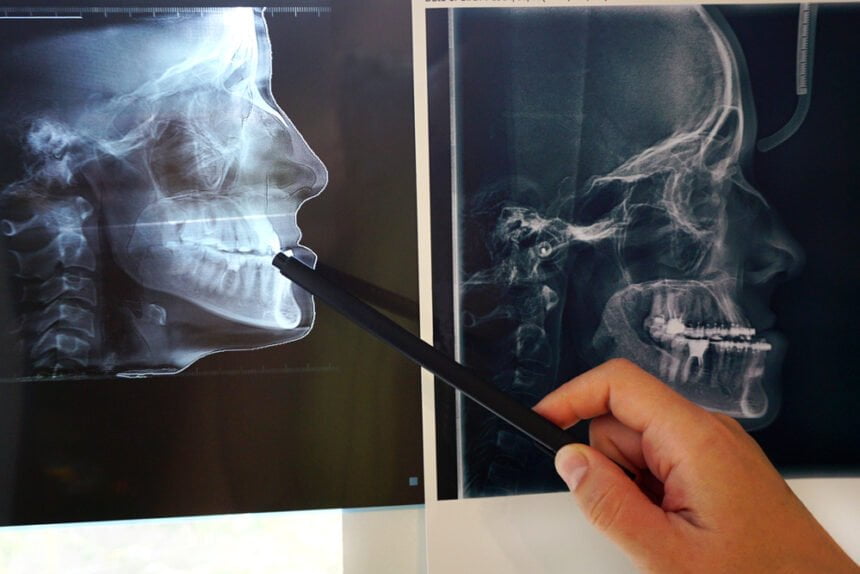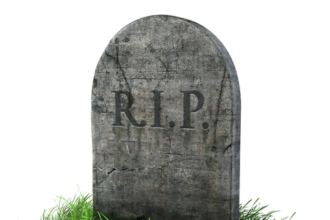Jawbone health is as important as the rest of your body for overall health and well-being. Your jawbone is crucial in providing a support structure for your teeth, tongue, and lips. It also helps you chew your food properly and speak clearly. But as you age, your bones and jawbone become more fragile. Eventually, this will result in tooth loss and other oral health issues.
By taking proactive steps to maintain your jawbone health, you can prevent these problems from occurring and enjoy an active life. This comprehensive guide will give you tips on maintaining your jawbone’s health as you age. Whether in your 40s or 60s, it’s never too late to care for your jawbone health. So, keep reading to learn more.
1. Replace Missing Teeth
Most people start losing some of their teeth as they age. Every time you lose a tooth, the bone that supports that tooth will begin to resorb or break down due to the lack of stimulation. That’s because the body realizes that the tooth is no longer there and that the jawbone area is no longer needed to support the tooth. Over time, this can lead to bone loss and a decrease in the overall amount of bone in the jaw. It can also cause problems with the surrounding teeth and even change your face’s shape.
Dental implants are a possible solution to this problem. They’re surgically placed in your jawbone to serve as the roots and replace your missing teeth. Dental implants provide the necessary stimulation to maintain the jawbone and preserve its structural integrity. So, contact dental implant providers, who will thoroughly examine your jaw before providing treatment. With dental implants, you can effectively support and maintain long-term jawbone health as you age.
2. Take Calcium Supplements
As your body ages, your bones lose density, and their ability to absorb calcium declines. It could put you at risk of bone fractures and bone diseases such as osteoporosis. Thus, you can take calcium supplements to keep your bones, particularly your jawbone, healthy and strong.
The amount of calcium you’ll need from the supplement depends on your age, health status, and how much calcium you usually obtain from food sources. However, taking too much calcium can also have negative health effects, such as kidney stones, so achieving the right balance is crucial. Preferably, consult your healthcare provider and seek their advice on how much calcium you can take daily.
3. Stretch Your Mouth Muscles Every Morning
Just like stretching benefits your body before going for a long walk, it’s also vital to stretch the muscles in your mouth and jaw rigorously. So, take a few minutes each morning to slowly stretch the muscles in your mouth and jaw before you drink or eat your breakfast. That way, you can keep them limber and avoid potential injuries.
4. Avoid Grinding Your Teeth
Chronic teeth grinding, or bruxism, can damage your jawbone health in several ways. The constant clenching and grinding of teeth can cause microfractures in the teeth, leading to tooth sensitivity, chipped or cracked teeth, and even tooth loss. Chronic pressure can also cause the jaw muscles to become tired and sore, leading to headaches, earaches, and facial pain.
Thus, when you notice that you’re unconsciously grinding your teeth (whether asleep or awake), schedule an appointment with your dentist for professional treatment, usually, they’ll advise you to wear a bite guard at night or take an anti-anxiety medication during stressful moments, so you’ll avoid grinding and clinching on your jaws.
5. Maintain A Healthy And Wholesome Diet
Strive for a mixture of hard and soft foods, including calcium-rich foods like almonds, beans and lentils, cheese, milk, seeds, nuts, grains, and tofu to nourish and maintain the strength of the jawbone. A balanced diet ensures that you get the necessary nutrients, such as calcium, vitamin D, vitamin B12, and fiber, that are essential for the proper functioning of your jaws. On the other hand, avoid or minimize your consumption of sugary and processed foods, as these can contribute to dental problems and compromise the health of your jawbone.
6. Give Your Jaw A Break
The temporomandibular joint is a crucial part of your mouth and is considered one of your body’s busiest joints. It’s regularly used in daily activities such as chewing gum, eating hard foods, and talking excessively. Overworking this joint can lead to strain and injury, just like any other overworked muscle and joint. So, remember to give the temporomandibular joint a break to have enough time to rest to recover, particularly on days when it has been subject to more than usual activity due to talking or eating.
7. Visit Your Dentist Regularly
Frequent visits to the dentist are crucial for maintaining good oral health, including your jaw. During these visits, your dentist or dental hygienist will inspect your gums, mouth, tongue, and throat and the movement of your lower jaw joints. By having a professional regularly inspect your teeth and gums, you can prevent problems and ensure that any issues with your jaw are identified and addressed early on.
Wrap Up
Taking care of your jawbone can go a long way toward preventing dental problems and maintaining healthy teeth and gums. With these tips, you can help maintain good jawbone health as you age.










